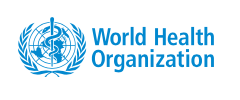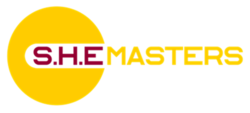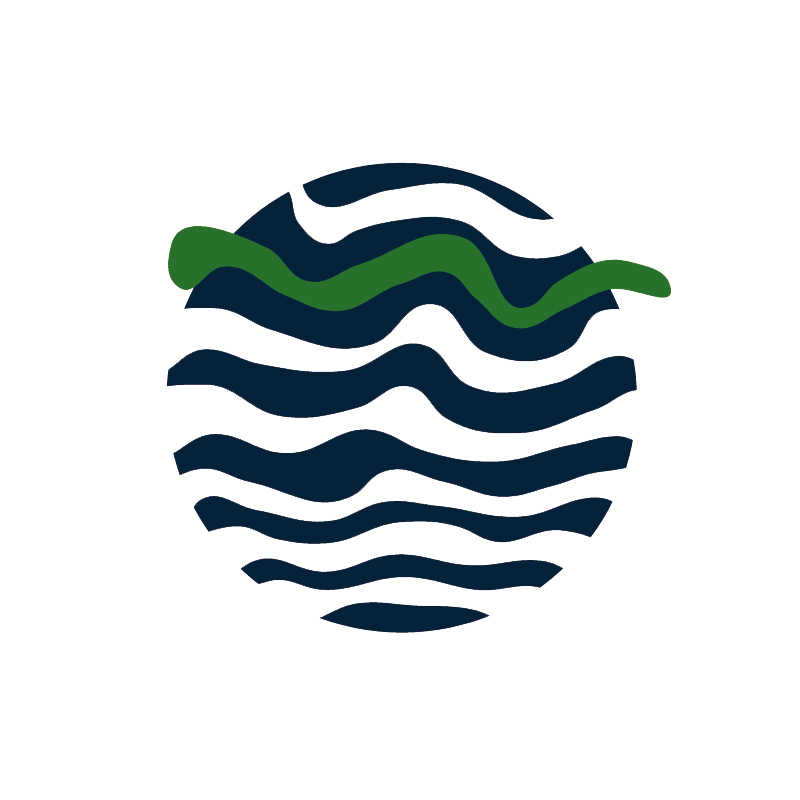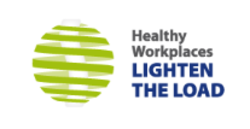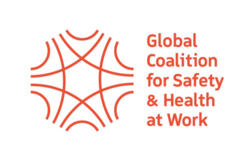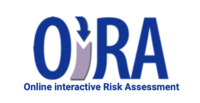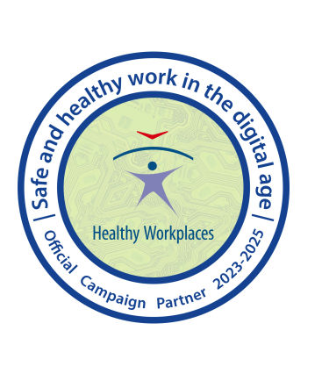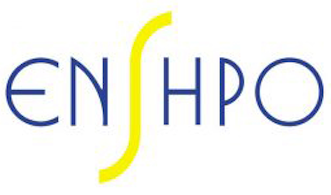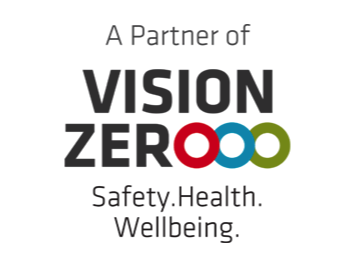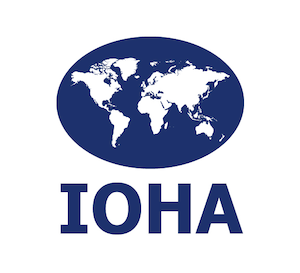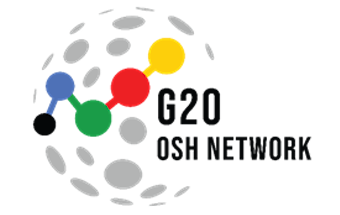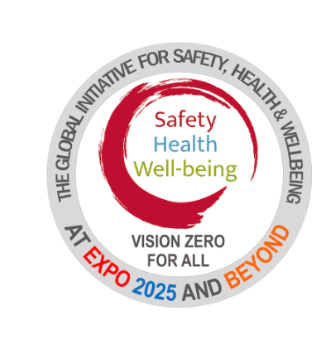strategies for preventing and managing falls across the life-course
20. Jun 2021 /
European Federation of Education Employers (EFEE)
30. May 2021 /
Urgent Call for participation in an Online Survey
26. May 2021 /
New Knowledge Sharing Platform by ILO
21. Apr 2021 /
National Kick-Off Germany
21. Mar 2021 /
Report of the online seminar
20. Feb 2021 /
Read more … Better schools by promoting musculoskeletal health
Good and innovative study programmes wanted
13. Feb 2021 /
Read more … Task group on integrating SDG 8 into Higher Education
on the OIRA tools on 27 January
23. Jan 2021 /

